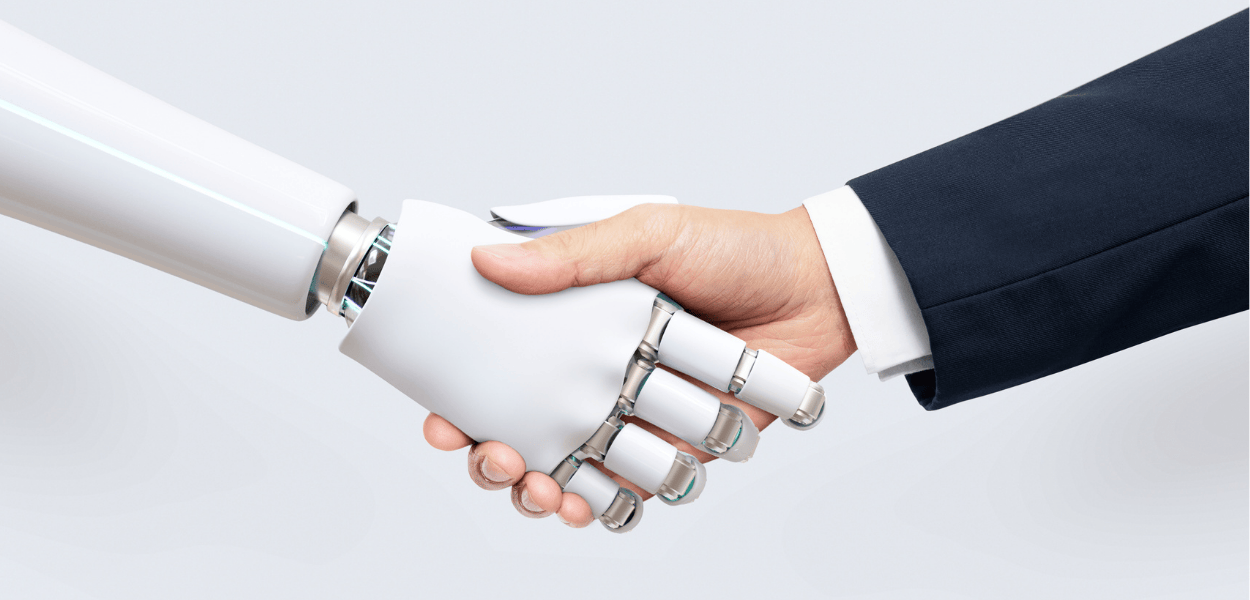We typically associate Silicon Valley and Big Tech with smart apps and self-driving cars. But behind the scenes, Silicon Valley is increasingly targeting genetics and artificial reproduction. 'In my research publication, I call this the ‘silicolonisation’ of reproduction, because the advent of these new services and products goes hand in hand with a distinctly Big Tech view of having children,' Van Beers explains.
'If Silicon Valley has its way, reproduction will become a question of making smart choices based on algorithms. Sounds like science fiction? Maybe once. But a commercial market for the genetic selection of embryos already exists. Genetic data is incredibly valuable to Big Tech,' Van Beers says. 'Biotech and genetics are now largely data-driven. Think of algorithms that calculate disease risks or certain traits based on genetic material. That’s something tech companies know how to exploit.'
From DNA test to designer baby
'Silicon Valley sees reproduction less as a private matter and more as a rational, data-driven production model,' says Van Beers. 'Commercial platforms openly advertise with slogans like "Choose your healthiest embryo" or "Choice over chance". Prospective parents are shown scores for their embryos and can select them based on perceived genetic "quality". It’s like school report cards – but for embryos. The question is: who decides what qualifies as a high score? And based on which values?'
That’s where the legal and ethical issues arise, Van Beers explains. 'The algorithms that calculate these scores are often black boxes: we don’t know exactly how they work, what data they use, or which values underpin them. In the worst-case scenario, eugenic biases can creep in: implicit assumptions about what kinds of human life are desirable and what kinds are not.'
From bugs to babies
The intertwining of tech and genetics is no coincidence, Van Beers argues. 'In Silicon Valley, genetic code is increasingly seen like computer code – as something that can contain bugs and therefore be fixed. This creates a computational view of reproduction: children are not born, but "optimized".'
That might sound abstract, but it has very real consequences. 'Some tech entrepreneurs are advocating for freezing egg and sperm cells as standard, so that people can later use AI to select the ‘best’ embryo. Others are investing in techniques to create egg and sperm cells from skin cells, enabling prospective parents to generate hundreds of embryos and then choose the "best" one.'
Former Google CEO Eric Schmidt recently predicted that biotech is about to have its own “ChatGPT moment”. Van Beers comments: 'That suggests a massive acceleration in genetic modification – with the risk that ethics and the law lag far behind.'
“Sex is great, but...”
Some tech entrepreneurs leave little to the imagination. Spanish investor Martín Varsavsky, active in this sector, puts it bluntly: "Sex is great, but it is not the best way to make a baby.” According to him, reproduction needs to be “professionalised". Van Beers sees a dangerous worldview behind this: 'If having children becomes part of a data-driven, economically-steered production process, it changes how we see love, autonomy and parenthood. How free are you really, if this becomes the norm?'
The ethics of algorithmic parenthood
In the Netherlands, the use of genetic selection for non-medical purposes, such as intelligence, is prohibited. 'And rightly so,' says Van Beers. 'We must be careful not to turn parenthood into a form of project management, with the goal of ‘producing’ the perfect child.'
In the US, the first genetically selected children are now teenagers. And it’s not without consequences. “Some young people struggle with identity issues,” Van Beers says. 'They know their parents selected them based on certain genetic traits. And they feel pressure to live up to that "purchased profile".'
There are even cases where parents have openly expressed disappointment when their child didn’t meet their expectations. 'That’s heartbreaking – and it says a lot about the direction we’re heading in.'
Science in the role of watchdog
So what can we do? Van Beers calls for more public debate and for science to play a watchdog role. 'Tech companies present these innovations as neutral, data-driven progress. But in the process, they fundamentally reshape how we view children, parenthood and human dignity.'
In the Netherlands, genetic selection for non-medical purposes is banned – for now. 'But for how much longer?' Van Beers wonders. 'Big Tech companies know exactly how to appeal to our desire for freedom of choice. But that freedom isn’t neutral. There’s an ideology behind it, shaping our needs and decisions – and we must dare to question it.'
Time for critical questions
What does it mean to be a parent in a world of algorithmic reproduction? How autonomous are our choices when data, scores and tech standards become the new baseline? And what kind of society are we creating?
'It’s my role as a legal philosopher to see through Big Tech’s promises,' says Van Beers. 'What do these algorithms really tell us? And who decides what the ‘best’ child is?'
As far as she’s concerned, this is a task not only for universities, but also for journalism: 'AI and genetics are not distant possibilities – they affect who we are, how we live and how we love. If we don’t have the conversation now, it may soon be too late.'

